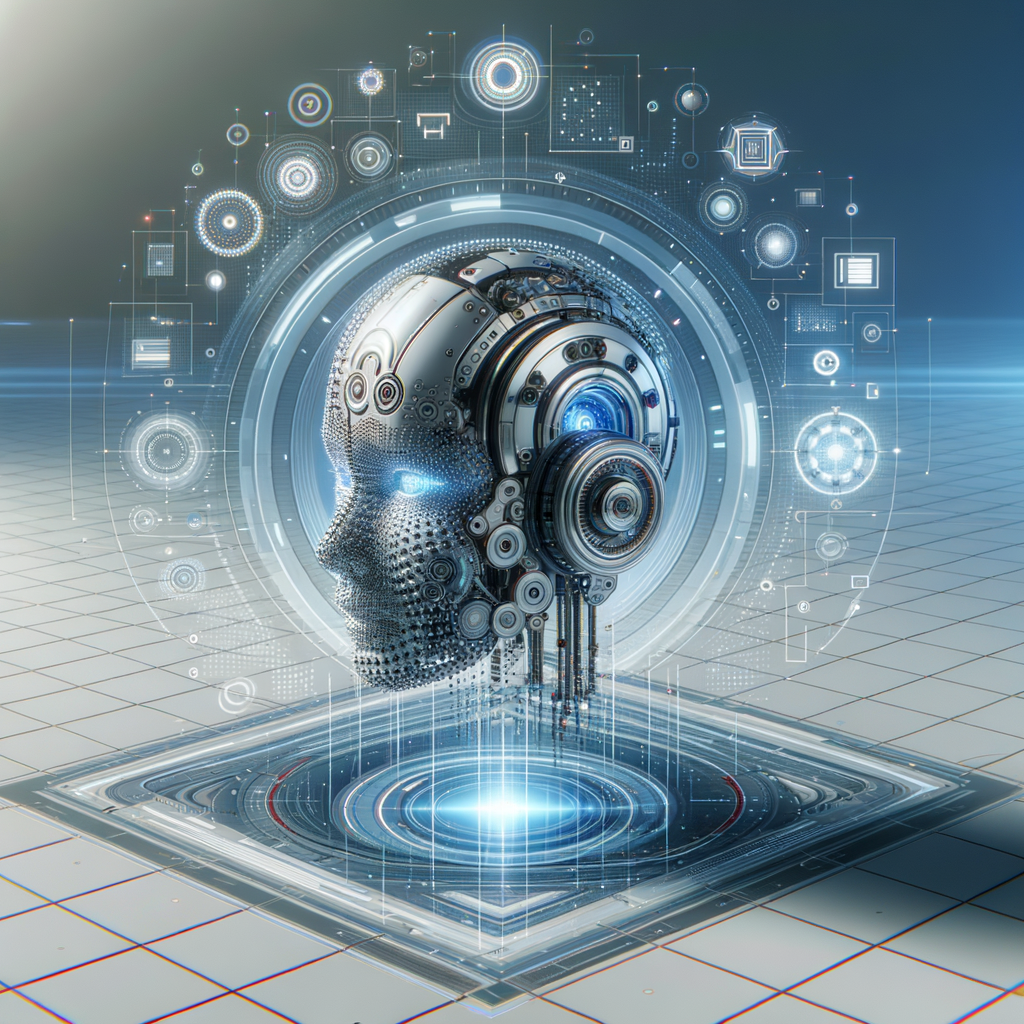
Decoding the Future: How AI and Machine Learning are Revolutionizing Personalized Marketing
Explore the transformative impact of AI and machine learning in the realm of personalized marketing. This blog delves into how these technologies are reshaping targeted advertising, customer engagement, and data-driven marketing strategies, providing invaluable insights for businesses aiming to enhance their marketing efficacy.
Decoding the Future: How AI and Machine Learning are Revolutionizing Personalized Marketing
In today's digital age, the intersection of technology and marketing is more profound than ever. With the advent of Artificial Intelligence (AI) and Machine Learning (ML), personalized marketing has been transformed from a high-reaching goal into an achievable reality, offering unprecedented levels of engagement and efficiency.
Understanding Personalized Marketing
At its core, personalized marketing is about tailoring messages to individual consumers, based on their preferences, behaviors, and needs. This approach not only enhances customer satisfaction but also significantly boosts conversion rates. AI and ML are pivotal in enabling businesses to analyze vast datasets swiftly and accurately, deriving actionable insights that drive personalized marketing strategies.
The Role of AI in Personalized Marketing
AI technologies empower marketers to automate tasks, interpret complex data, and predict future behavior trends. By employing sophisticated algorithms, AI can sift through historical data, identify consumer patterns, and suggest the best strategies to engage customers.
One of the most notable contributions of AI is the creation of advanced recommendation systems. Platforms like Amazon and Netflix leverage AI-driven recommendations to curate content based on users' past interactions, preferences, and search history, thereby enhancing user satisfaction and loyalty.
Machine Learning: The Backbone of Modern Marketing Strategies
Machine Learning, a subset of AI, involves training algorithms to learn from data. In marketing, ML is used to segment audiences, detect anomalies, and optimize campaign performance.
-
Audience Segmentation: ML algorithms can analyze data to segment consumers into specific groups based on shared characteristics. This allows marketers to formulate targeted strategies that resonate well with each audience segment.
-
Predictive Analytics: Machine Learning models predict future consumer behavior by examining historical data, enabling marketers to craft proactive strategies rather than reactive ones. This predictive power can forecast trends, allowing businesses to stay ahead of consumer demands.
-
Real-time Analytics and Automation: Businesses can benefit from real-time analysis of consumer interactions, making adjustments to marketing strategies on-the-fly. Automation of responses to customer inquiries, facilitated by chatbots, ensures seamless user experiences while saving resources.
AI-Driven Tools and Technologies in Marketing
Numerous AI-driven tools cater to the diverse needs of marketers. Tools like HubSpot, Salesforce Einstein, and IBM Watson for Marketing offer smart analytics, automation capabilities, and in-depth insights into customer behavior. These platforms integrate AI to personalize email campaigns, optimize digital advertisements, and streamline content delivery.
Overcoming Challenges with AI and ML
While the benefits are significant, the implementation of AI and ML in personalized marketing is not without challenges. Data privacy concerns, the need for high-quality data, and the ethical use of AI are prevailing issues that marketers need to address.
-
Data Privacy: With the increased dependence on consumer data for personalization, maintaining data privacy becomes crucial. Marketers must implement robust data protection measures and comply with regulations like GDPR.
-
Quality of Data: The effectiveness of AI and ML models heavily relies on the quality of data. Ensuring data accuracy and consistency is essential for generating reliable insights.
-
Ethical Considerations: The transparency and fairness of AI algorithms must be ensured to avoid biases that could impact marketing strategies negatively.
The Future of Personalized Marketing with AI and ML
The synergy of AI and ML heralds a promising future for personalized marketing. As these technologies continue to evolve, we can expect even more refined targeting, enhanced consumer experiences, and innovative marketing strategies.
-
Hyper-Personalization: The future holds for even more granular levels of personalization, offering unique experiences to each consumer.
-
AI-Powered Creativity: The integration of AI in creative processes will allow for dynamic, real-time content creation tailored to consumer preferences.
-
Predictive Consumer Insights: Enhanced predictive capabilities will enable businesses to anticipate market changes and consumer needs with unprecedented accuracy.
In conclusion, AI and machine learning are not just tools in personalized marketing; they are transforming the very landscape of how brands interact with consumers. Businesses that embrace these technologies stand to gain a competitive advantage in developing more robust, effective, and customer-centric marketing strategies.